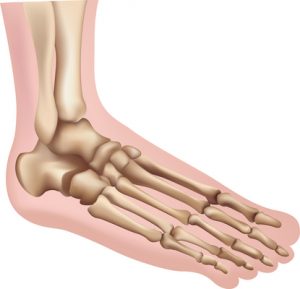
According to New Orleans orthopedic surgeon Dr. Richard Meyer, wrist fractures are one of the most common injuries he sees in adults. Since the wrist is a joint, not a bone, it is not what breaks. Most frequently a “wrist” fracture is a break that occurs at the end or distal part of the radius bone.
Dr. Meyer also finds that a lot of confusion occurs around the terms “break” and “fracture.” Simply put, a fracture is a broken bone, a broken bone is a fracture – they are one and the same. Many terms apply to fractures such as hairline, displaced, etc., but no matter how a bone breaks, a fracture equals a broken bone.
If the fracture extends into the wrist joint, it’s called an intra-articular fracture. If enough force is applied to the wrist, the broken radius may even protrude through the skin called an open fracture.
In the minor break where the bone has maintained its position, application of a splint or cast is sufficient. Because swelling can occur after the injury, a splint is usually applied by your New Orleans orthopedic surgeon first to allow for the swelling to diminish. Ice and elevation of the injured arm helps in this process.
 Once the swelling improves in one to two weeks, conversion to a hard cast will occur for four to six weeks. If the broken radius has moved out of position, then a manipulation or closed reduction of the bone under anesthesia needs to reposition the bone back to proper alignment. This is followed by splinting/casting. It is not unusual for total healing time after a wrist fracture to be six to 12 months.
Once the swelling improves in one to two weeks, conversion to a hard cast will occur for four to six weeks. If the broken radius has moved out of position, then a manipulation or closed reduction of the bone under anesthesia needs to reposition the bone back to proper alignment. This is followed by splinting/casting. It is not unusual for total healing time after a wrist fracture to be six to 12 months.
Your New Orleans orthopedic surgeon advises that good bone health remains important in the prevention of wrist fractures. Maintaining an adequate intake of calcium and vitamin D supports good bone health. Another means of prevention is wearing wrist guards for activities such as biking, skateboarding, roller blading, etc. where the chance of falling on an outstretched wrist can occur.
If you injure your wrist and feel that it may be fractured – don’t hesitate – call the office of New Orleans orthopedic surgeon Dr. Richard Meyer right away to schedule a consultation.